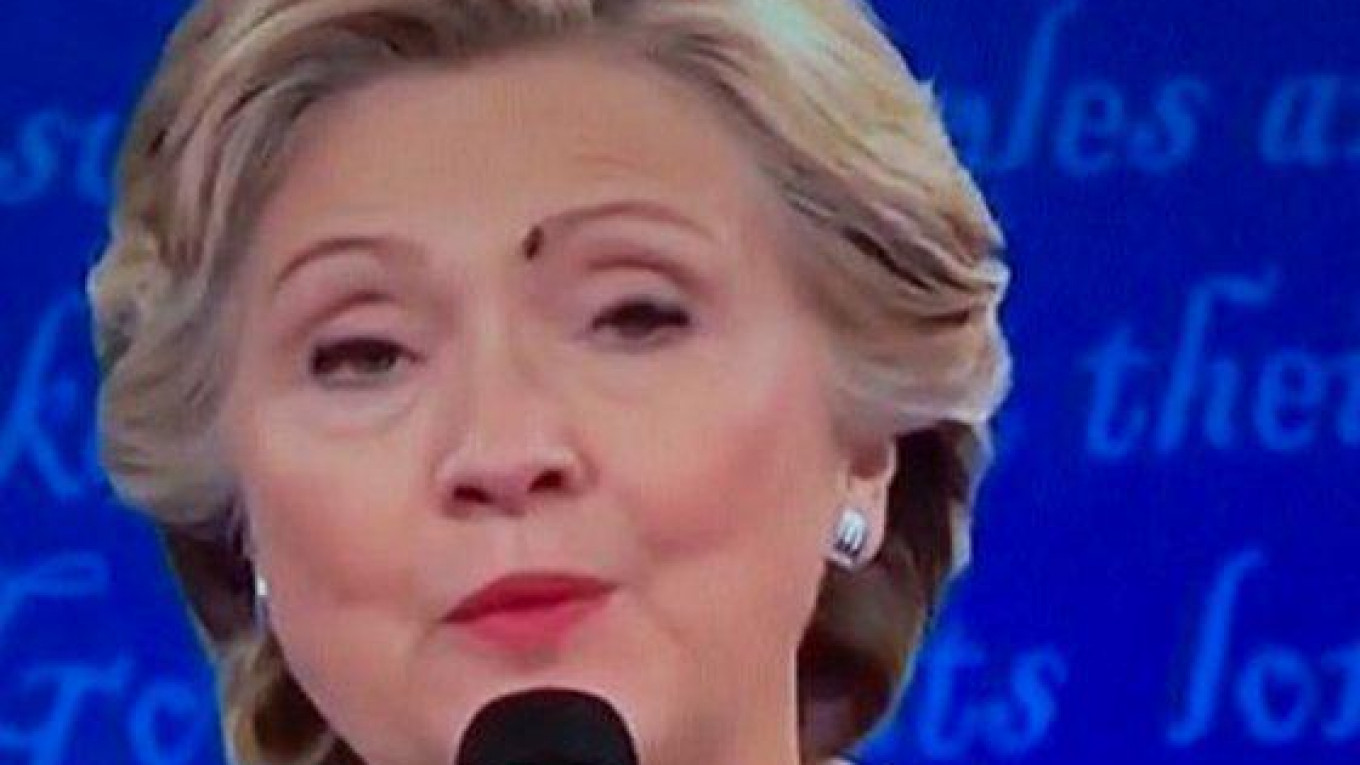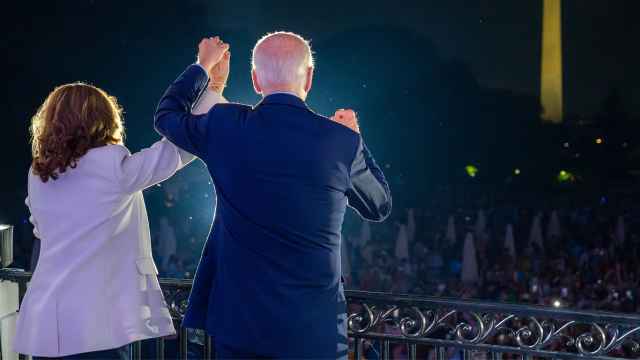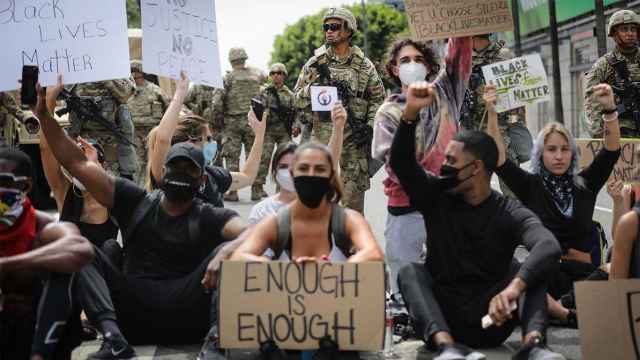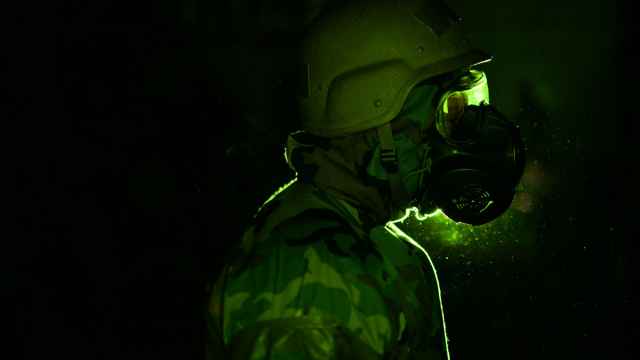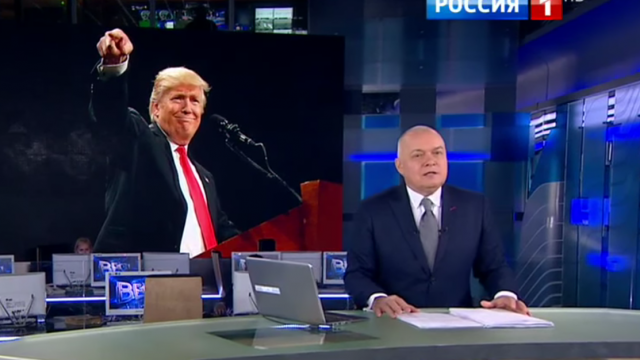During the second U.S. presidential debate on Sunday, Oct. 9, a fly landed briefly on Hillary Clinton’s forehead. It was only there for a second, but the unusual scene was enough to flood Twitter with thousands of amused reactions about a bug on the candidate’s eyebrow.
The fact that Clinton didn’t flinch or try to brush it off also invited jokes about the new reboot of “Westworld,” which just started airing on HBO. (In the show, androids regularly let flies crawl over their eyeballs, so as not to injure “a living creature.”)
The insect visitor was big news in Russia, too, where Clinton is a widely disliked and mocked figure on television. The bug was so important to the NTV network that it actually consulted entomologist Dmitry Musolin to speculate on the chances that the fly laid eggs on Clinton’s face in the second it landed there.
Musolin says the odds are good that the fly tried to lay eggs on Hillary Clinton’s face, explaining that flies only land to lay eggs or consume food.
Still, though, Musolin told NTV that it was a poor choice for egg laying, finding a way to mention rotting corpses and U.S. presidential candidates in the same remark. “Roughly speaking,” he said, “a half-rotted corpse of some animal would be more appealing [to a fly] than a candidate for president, because they can lay their eggs on the corpse and the larvae will develop well. But on a candidate for president or a party leader, they can’t.”
NTV also points out that there is now a Twitter account for the fly that landed on Clinton’s face. “Hillary’s Fly” has a whopping, newsworthy 500 followers, many of whom appear to be Russian users.
A Message from The Moscow Times:
Dear readers,
We are facing unprecedented challenges. Russia's Prosecutor General's Office has designated The Moscow Times as an "undesirable" organization, criminalizing our work and putting our staff at risk of prosecution. This follows our earlier unjust labeling as a "foreign agent."
These actions are direct attempts to silence independent journalism in Russia. The authorities claim our work "discredits the decisions of the Russian leadership." We see things differently: we strive to provide accurate, unbiased reporting on Russia.
We, the journalists of The Moscow Times, refuse to be silenced. But to continue our work, we need your help.
Your support, no matter how small, makes a world of difference. If you can, please support us monthly starting from just $2. It's quick to set up, and every contribution makes a significant impact.
By supporting The Moscow Times, you're defending open, independent journalism in the face of repression. Thank you for standing with us.
Remind me later.


